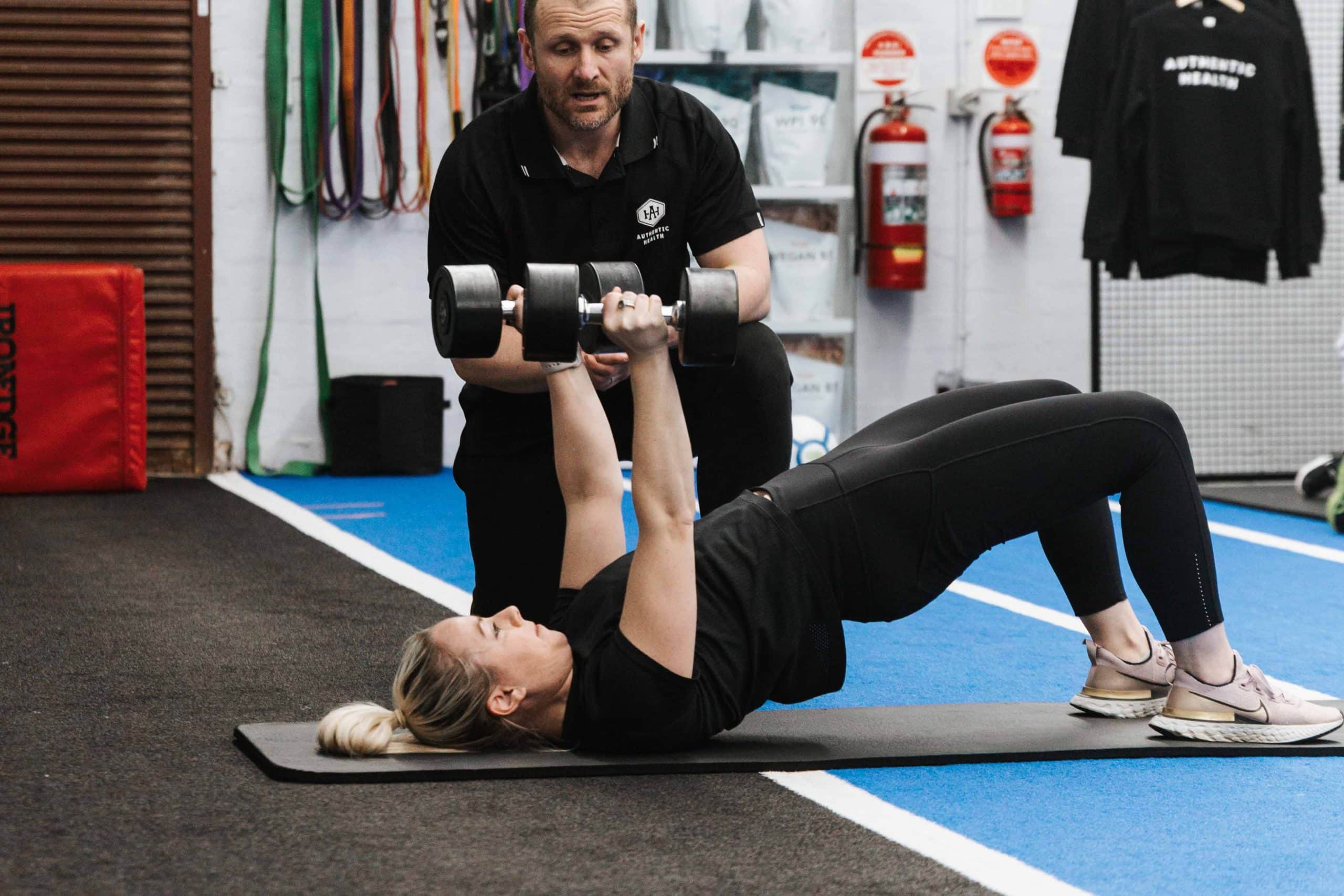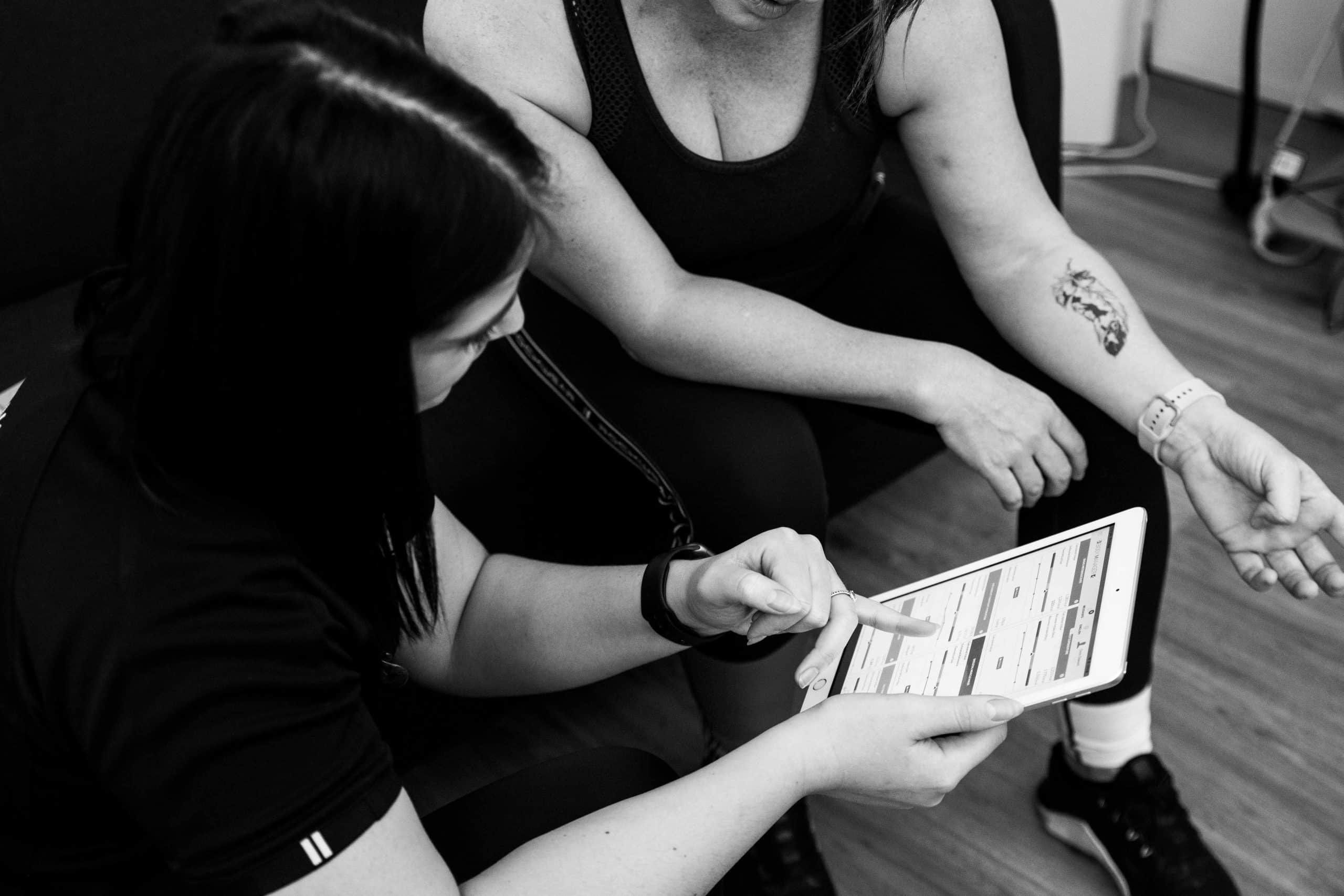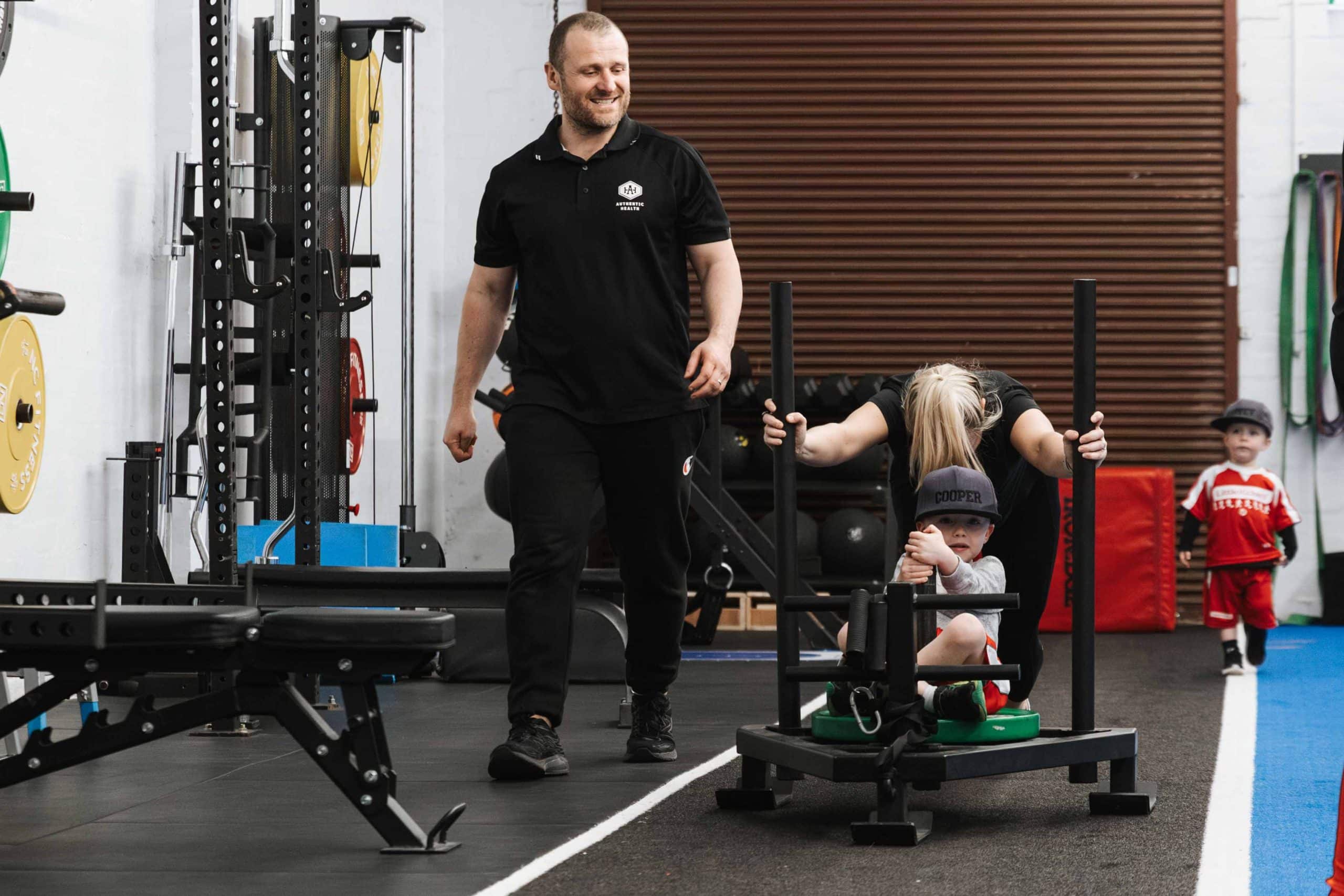Considered one of the leading wearable technologies, fitness trackers are used to improve your health, exercise more, and sleep better. By using exercise watches, you can monitor and record your heart rate, become aware of your peak activity period, see distance covered, and record how many calories you burn in a day.
Fitness trackers are often wearable devices like watches or bracelets, making it convenient for you to keep an eye on various health indicators, providing motivation and accountability for your personal fitness goals.
However, you shouldn’t rely solely on this aid to stay in shape, because there are pros and cons to wearable fitness trackers. Let’s take a look.
The Pros of Fitness Trackers
1. Goal Setting
One of the major benefits of fitness trackers are their goal setting features. They allow you to set personal goals for daily steps, distance achieved, calories burnt, activity levels, heart rate, and hours of sleep.
Humans are hardwired for Before and After snapshots of our progress, so exercise watches monitor our day, start to finish, and deliver these results.
2. Monitor Activity
Another great benefit of fitness trackers is the ability to monitor activity throughout the day. Some trackers provide an overview of daily movement, while others give continuous updates on how many steps you have taken and how many calories you have burned at any given time.
Some trackers break down activities into specific categories such as running, walking, or biking so you can easily see what kind of exercises are giving you the most benefit.
3. Motivation and Accountability
Most people are more motivated to exercise when they are presented with a tangible reason. The tracker allows you to set daily goals and track this progress. When you see you’re close to completing your goals, it gives you a sense of pride and accomplishment that keeps you motivated.
The best fitness watches help you develop a healthy routine. The tracker lets you know when you’re not moving enough at certain times throughout the day or sitting for too long. You might also be able to set reminders for taking medicine, supplements, or drinking water.
A few other features you may find useful on these devices include social sharing capabilities so you can share goals with friends or family members who also have one of these devices and compete for daily step counts or distance walked.
4. Monitor Heart Rate
Fitness trackers can monitor your heart rate, allowing you to exercise at the correct intensity. It also has an interval timer, which makes it ideal for High-Intensity Interval Training (HIIT.) HIIT is an effective way to burn fat, build muscle and boost metabolism, but it’s also a demanding workout that pushes your body to its limits.
That’s why many people love using exercise watches during their HIIT workouts; it provides them with real-time feedback about their heart rate, blood pressure, and blood oxygen levels as well as how hard they are really working.
5. Tracks Sleep
The importance of sleep health has become one of the most crucial elements of feeling fit and healthy. Fitness trackers are designed to provide users with information on how much time they spend asleep, awake, or restless periods during the night.
The Cons of Fitness Trackers
1. Not 100% Accurate
Fitness trackers are not entirely accurate when it comes to estimating calorie burn, as they can only estimate the information. This is because the tracker doesn’t know exactly how hard you worked out, your exact stride, or your exact heart rate.
Also, they aren’t intuitive. One of the biggest issues with fitness trackers is that some people don’t know how to program them correctly, resulting in users being confused about how to accurately use the device. They may be operating under false information.
2. Potential Fixation
Fitness trackers may encourage overtraining. Users may ignore their bodies’ cues and keep exercising when they shouldn’t. People focus on the data as opposed to how they feel.
For some, there is a risk that knowing what your body is burning daily can cause an unhealthy relationship with calories – especially as we know this information is not entirely accurate.
3. Expense
Fitness trackers are not cheap to buy and if you don’t use the device correctly, you could waste your money. It is important to do some research before deciding which fitness tracker to buy. Think about what features you need and how much you want to spend.
4. Battery Life
The battery life of your tracker is important because it needs to last at least a day. If you’re going to use your tracker as a sleep monitor, make sure it has long battery life. If your tracker continually loses power, you might get frustrated and stop wearing it altogether. Look for a device with at least three days of battery life.
The tracker should also be comfortable to wear 24/7, and it should be water-resistant to protect against perspiration.
5. Doesn’t Calculate All Activity
Some of the best fitness watches are perfect training accessories for exercises such as running, walking, biking and swimming.
However, not all are suitable for every activity. Without a GPS you won’t be able to track distance completed and remaining, or average pace. This lack of data can demolish pursuing performance goals.
Not to mention that wearables provide insufficient benefit for resistance training. Whatever external resistance you’re using, it won’t be able to fully recognise the amount of weight lifted.
Research the Best Fitness Tracker for You
Before you start shopping for your best fitness tracker, think about what you want to get out of it. What are your goals? If you’re looking to lose weight, are you looking to just get fit or do you want something that will track your caloric intake and output? If you’re a swimmer, the fitness watch should be waterproof. If you’re a distance athlete, GPS is a must.
With so many different options, research the best fitness tracker for you.




